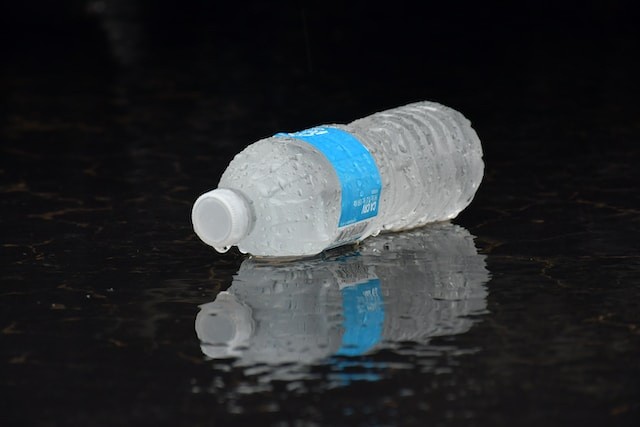One of the most consumed beverages in the world is bottled water, which has a thriving industry.
The globe has made considerable strides toward the objective of providing safe water to everyone since the turn of the millennium.
74% of people worldwide had access to clean water in the year 2020. Over 20 years ago, this is 10% more.
Two billion people remain lacking a reliable supply of water to drink.
Bottled water industry's alleged role in obscuring global water crisis

It was established that the wealthy and rapidly growing bottled water industry is concealing the reality that public water delivery systems in 109 countries are unable to offer everyone access to clean drinking water, as per Phys.org.
Most recent UN University analysis, the global market for bottled water is predicted to double in size this decade, reaching US$500 billion.
This contributes to plastic pollution on land and in the waters while raising stress levels in areas with few water supplies.
The sector could obstruct the advancement of safe-water programs, which are mostly in low- and middle-income countries, by diverting focus away from development efforts and towards a less reliable, more expensive option.
The UN's Sustainable Development Goals (SDG) are affected by the rapidly expanding bottled water sector in a variety of ways.
However, none of the SDG 2030 targets for universal availability of secure water services is being met in any one location.
The industry's capacity to impede a country's efforts to give its citizens equitable availability of inexpensive drinking water appears to have the biggest impact.
Also read: Rising Cases of Water Contamination - Should We Preserve Water for Future Generations?
Production of bottled water affects due to climate change
The globe is 70% covered by water, therefore it is natural to assume that there would always be a bountiful supply.
But, a total of 2.7 billion people experience water scarcity for at least one month of the year, while 1.1 billion people globally lack access to clean water, as per WWF.
For 2.4 billion people, poor sanitation is another issue since it exposes them to diseases like cholera and typhoid fever as well as other water-borne disorders.
Each year, diarrheal infections alone cause two million deaths, largely in children.
Water and weather patterns are changing as a result of climate change, resulting in scarcity and droughts in certain regions and floods in others.
This issue will only worsen if consumption continues at its current pace. Two-thirds of the world's population could experience water shortages by 2025.
Moreover, ecosystems across the world may suffer more.
Maintaining industry's supply of bottled water
The World Health Organization estimates that in order to fulfill the 2030 target for the SDGs, the present rate of improvement must treble.
Strengthening the laws that govern the sector and its water quality standards is more crucial than ever as the bottled water market expands.
These laws may have an impact on, among other things, the regulation of bottled water quality, the exploitation of groundwater, land use, the management of plastic waste, carbon emissions, financial obligations, and transparency requirements.
In particular, in the Global South, such initiatives present the bottled water industry with a chance to participate actively in this process and hasten the development of a reliable water supply.
© 2025 NatureWorldNews.com All rights reserved. Do not reproduce without permission.





